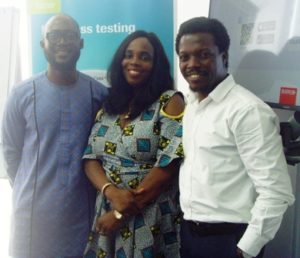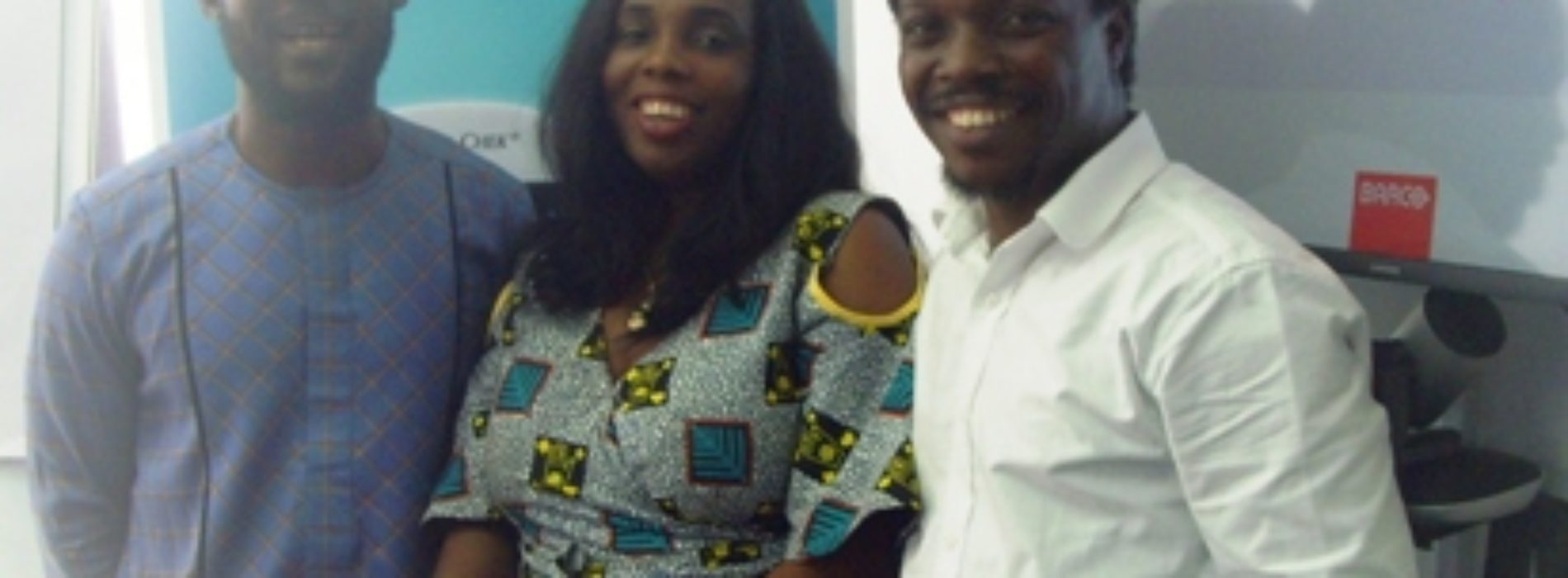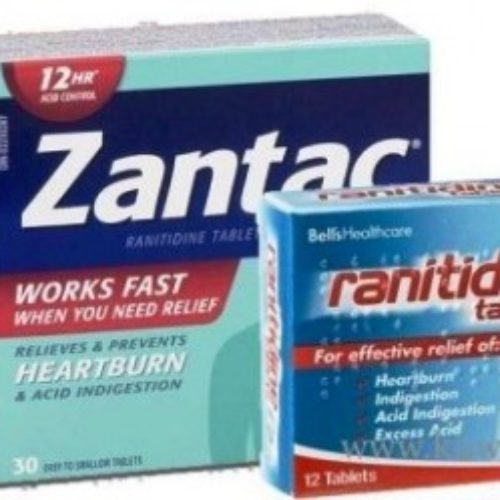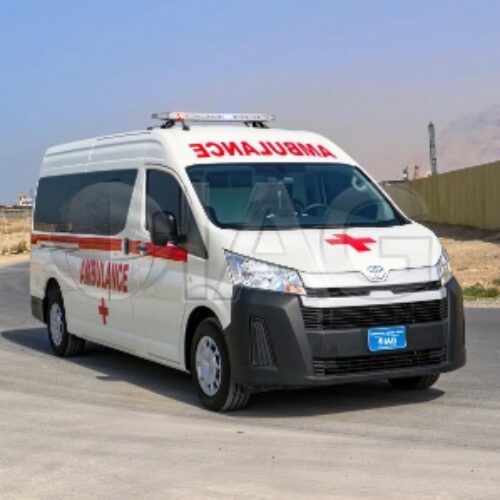Diabetes: Why Nigerians are not achieving control
-
No self monitoring by patients
-
Ignorance by care givers and patients
-
Financial constraints
-
Poor adherence to therapy and several other factors
Amidst studies showing that more than 70% of Nigerians living with diabetes remain undiagnosed and only a few of the diagnosed who are under management, achieve control of their blood glucose, experts have advocated full involvement of patients through self-monitoring to prevent some of the increasing complications and deaths being recorded from the condition in the country
In a chat with journalists on the current situation on diabetes management in Nigeria, the Marketing Manager of Roche Diabetes Care, Mr. Adeniyi Adeola regretted that many people living with diabetes are not achieving and maintaining recommended target glucose level due to ignorance both on the part of patients and care givers.
According to him, people living with diabetes in Nigeria are faced with peculiar problems which make the management of the condition and expected blood sugar control (referred to as glycemic control in medical parlance) rather difficult.
For instance, he said,financial constraints have been recognized as a major factor in the management of diabetes as the nation’s Health Insurance Scheme does not currently cater for a majority of patients and they have to pay out-of-pocket for their blood glucose test strips.
In addition, he said, many diabetes patients do not adhere to their therapy while some will not accept that they have to live with the condition for the rest of their lives, until they develop complications.
For others, they find daily insulin injection and pricking their finger for self-monitoring too painful and would therefore not comply, though he maintained, Roche has solved the problem of painful needle pricking through the clix motion technology adopted in their lancets.

L-R: Regional Sales Manager, Roche Diabetes Care, Mubarak Gyedu, GM, Diabetes, ISN Products Nigeria Limited, Ifeyinwa Chioke and Adeniyi Adeola, Marketing Manager, Roche diabetes Care at the press briefing.
Adeola also noted that caregivers in Nigeria sometimes develop “therapeutic inertia” in diabetes management. According to him, because of their heavy schedule, doctors rarely spend enough time with patients and this affects those living with diabetes most as they are denied the opportunity to review with their healthcare providers enough information that would help them achieve glycemic control.
The communication gap between caregivers and patients, he said, is also responsible for poor personalized diabetes management in the country as only few patients practice self-monitoring, an essential part of the management, howbeit he said they do it in a non-structured manner.
Also, he noted that whilst care givers initiate treatment for diabetes on time they may delay to recommend the use of insulin where necessary.
For now, he said, decision support tools are lacking on the part of caregivers while the nation itself lacks up to date diabetes register. He added that Roche has Decision Support tools such as the Accu-Chek paper tool 360 View and the Accu-Chek SmartPix Software, which help provide better engagement between the caregivers and the patient, allows for quick therapeutic decisions on the part of the caregivers, and optimization of therapy.
He expressed the company’s concern on the current poor glycemic control by Nigerians living with diabetes and pledged that Roche Diabetes Care would continue to support both patients and caregivers to change the situation.
He said the company currently supplies Nigeria’s leading blood glucose monitoring devise, the Accu-Chek Active and will also launch the latest brand, the Accu-Check Instant System later this month.
Our vision is : “by 2025, we will help people with diabetes everywhere in the world think less about their daily diabetes routine so they can get true relief, day and night” he said.
In another presentation, the Regional Sales Manager, Roche Diabetes Care, Mubarak Gyedu disclosed that current diabetes management should focus on personalized care and should include, Structured Education, Self-Monitoring of blood Glucose, Decision Support, Data Evaluation, Therapy and, Data Assessment.
Unfortunately, he noted, many care givers in Nigeria, after Self-Monitoring of Blood Glucose if at all recommended, progress straight to Therapy, leaving out the use of Decision Support tools which would have helped harness information from the glucometers used by patients which would have furnished the Health care providers with enough information to optimize therapy, and empower patients to know the impact of food, medication and activities on their blood glucose readings.
“If self-monitoring of blood glucose is well done, a lot of money can be saved while the patient will be saved the ordeal of being placed on a therapy they may not need,” he said.
For the caregiver to achieve personalized diabetes management, Gyedu further said, the core importance is to commence with a very accurate glucometer.
About author
You might also like
USAID re-launches $10,000 reward for whistle-blowers on fake malaria drugs
The office of Inspector-General (OIG), of the United States Agency for International Development (USAID), has re-launched its reward for persons who would help it with information on stolen and
US pharmacy chains to stop sale of Zantac
Pharmacy chains in the US have moved to stop selling Zantac – a drug for heartburn – and its generic versions following the announcement by the (US) Food and Drug
FG begins emergency ambulance service Friday
The Federal Government will begin the pilot phase of the emergency ambulance services on Friday in Abuja to facilitate access to first aid and healthcare in life-threatening situations. The Chairman,






0 Comments
No Comments Yet!
You can be first to comment this post!